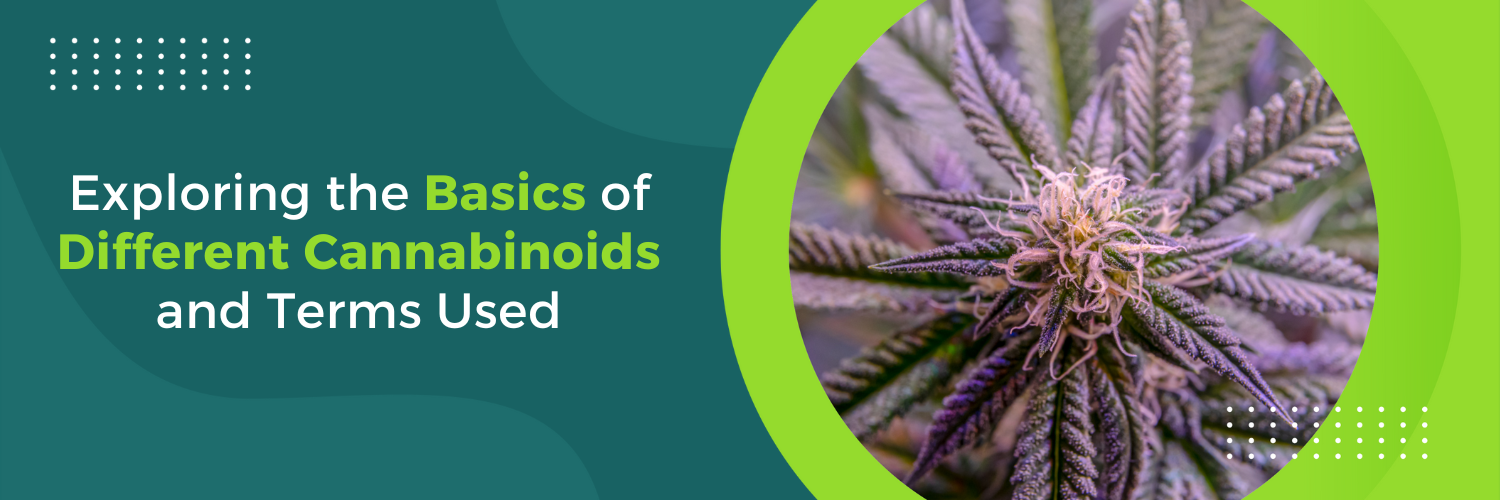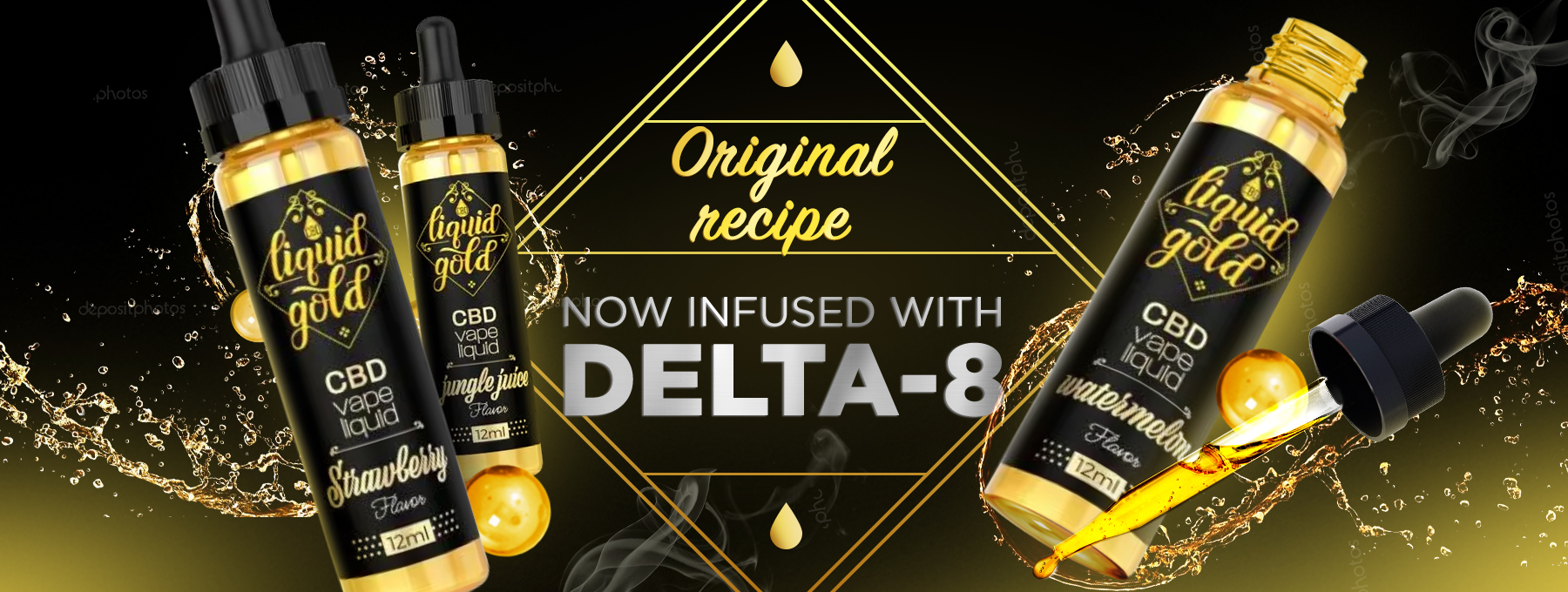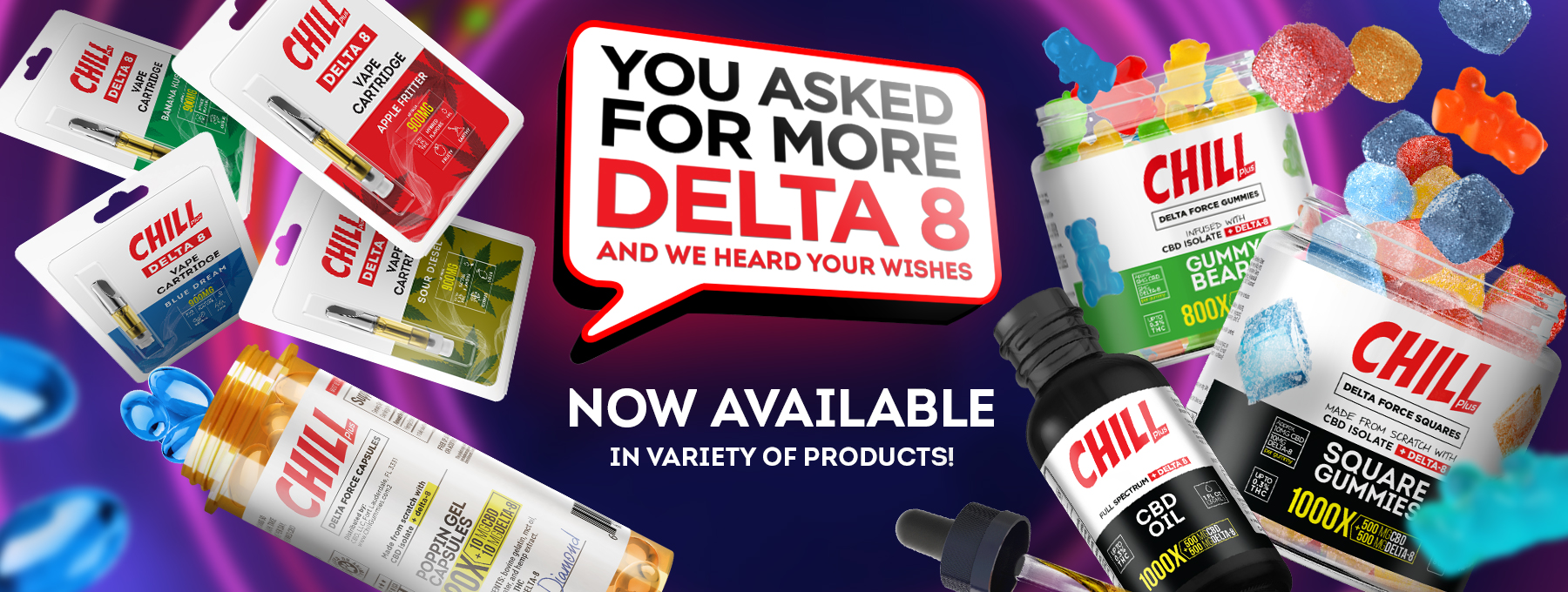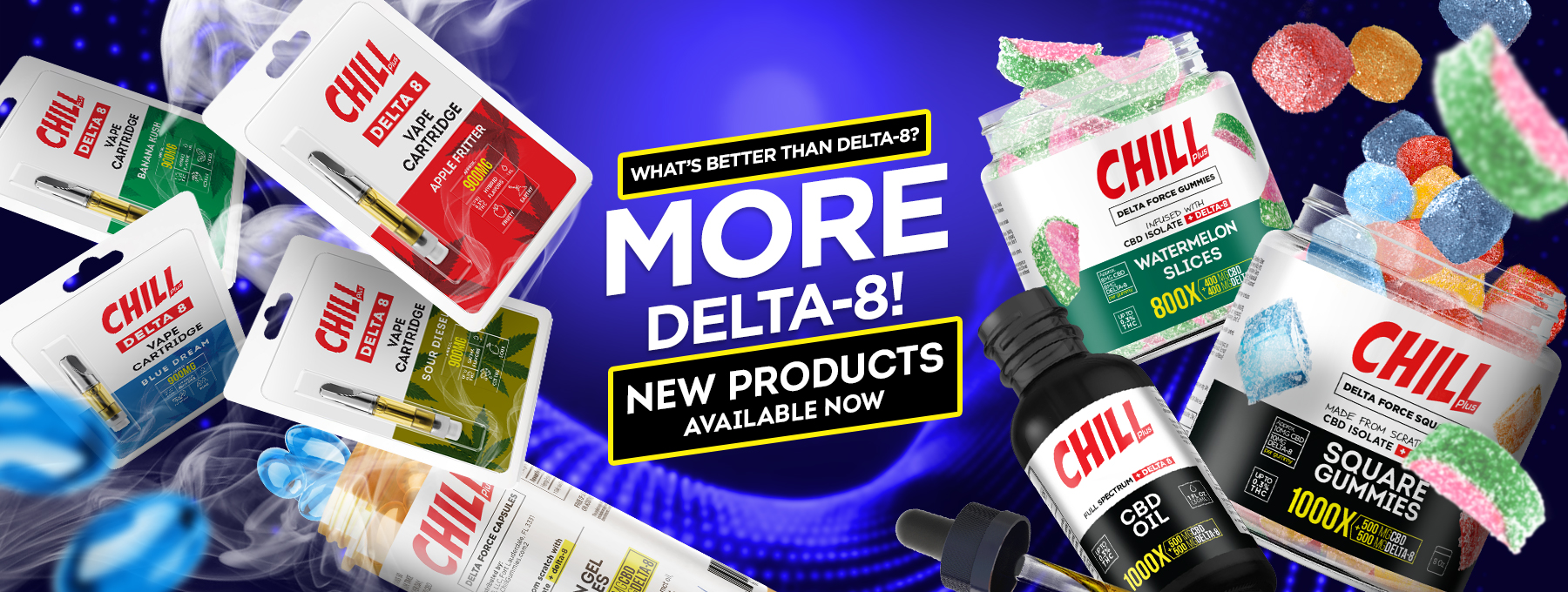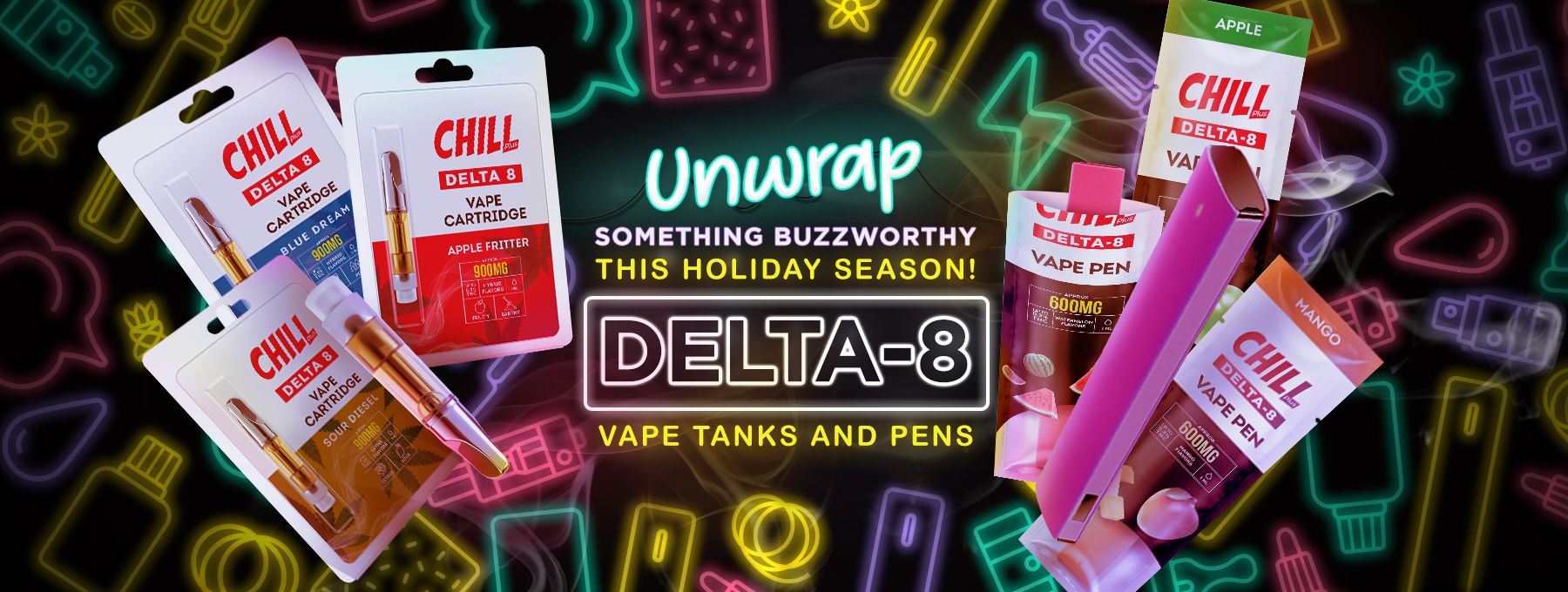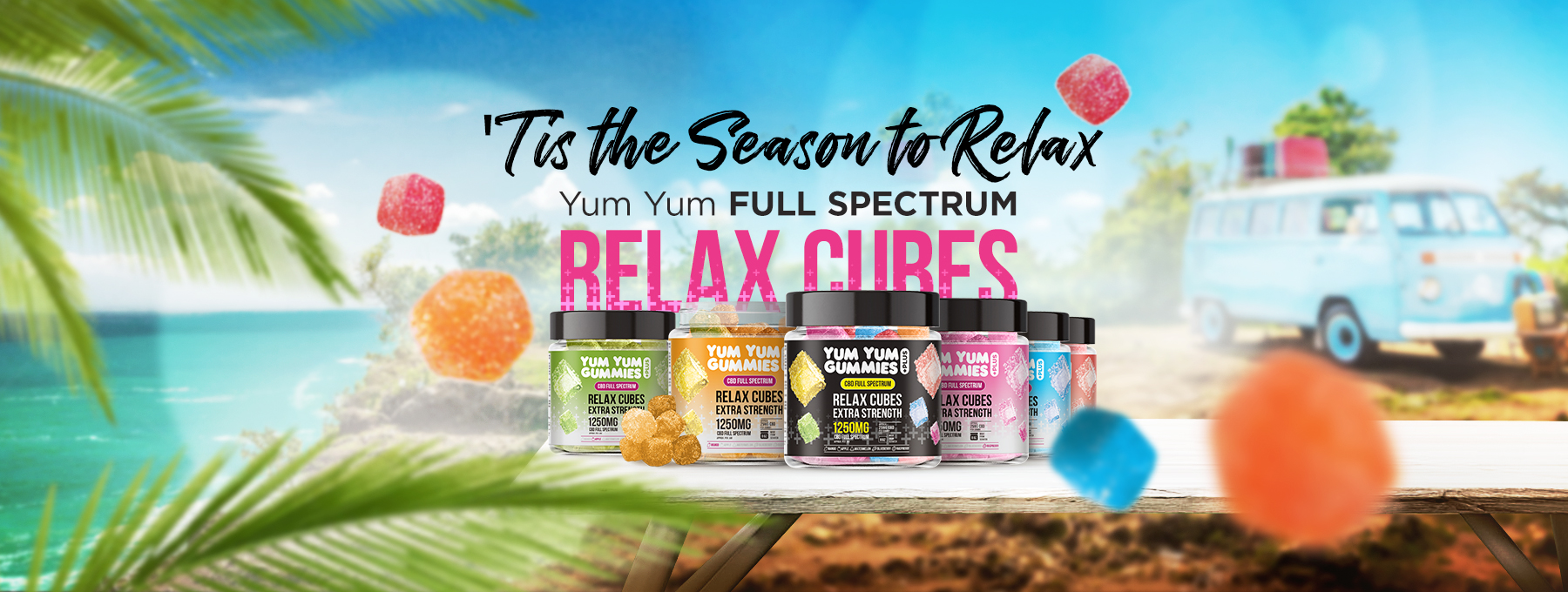What are Cannabinoids?
Cannabinoids are a class of chemical compounds found in the cannabis plant. They interact with the body’s endocannabinoid system, which plays a crucial role in regulating various physiological processes like mood, appetite, pain sensation, and immune response.
There are two primary types of cannabinoids: endocannabinoids and phytocannabinoids.
Endocannabinoids are produced naturally within the human body, while phytocannabinoids, including CBD and THC, are found in the cannabis plant.
CBD and THC are the most well-known and studied phytocannabinoids. While they share a similar chemical structure, their effects differ significantly. As mentioned earlier, CBD is non-psychoactive and does not produce a high, whereas THC is psychoactive and responsible for the euphoric effects associated with marijuana use.
What is CBD?
CBD, or cannabidiol, is a naturally occurring compound found in the cannabis plant. It was first discovered in 1940 and constitutes a significant portion of the plant’s extracts. Unlike THC, which is another prominent cannabinoid in cannabis, CBD does not produce the “high” or euphoric sensation commonly associated with marijuana use. Instead, it interacts with the body’s endocannabinoid system (ECS) to promote balance and overall well-being.
CBD can be derived from both hemp and marijuana plants. Hemp-derived CBD contains a minimal amount of THC (less than 0.3%), making it legal in many countries and states where marijuana-derived CBD might not be. Conversely, marijuana-derived CBD can contain higher levels of THC, leading to legal restrictions in certain regions.
The Health Benefits of CBD
CBD, or cannabidiol, has garnered significant attention for its potential health benefits. While research on CBD is still in its early stages, preliminary studies and anecdotal evidence suggest that it may offer a range of therapeutic properties. Here are some of the potential health benefits of CBD:
- Pain Management: One of the most well-known uses of CBD is for managing pain. CBD interacts with the body’s endocannabinoid system and other receptors involved in pain perception, potentially reducing pain and inflammation. Some studies have shown promising results in using CBD to alleviate chronic pain conditions such as arthritis, neuropathic pain, and migraines.
- Anxiety and Stress Reduction: CBD has shown promise in helping to reduce anxiety and stress. It appears to influence the brain’s serotonin receptors, which play a role in regulating mood and social behavior. Some users have reported feeling calmer and more relaxed after using CBD, leading to its consideration as a potential option for managing anxiety disorders and stress-related conditions.
- Improvement in Sleep Quality: Many individuals struggle with sleep disorders such as insomnia. CBD may have a calming effect that helps promote better sleep. By reducing anxiety and addressing factors that disrupt sleep, CBD could aid in improving sleep quality and regulating sleep-wake cycles.
- Epilepsy and Seizure Disorders: One of the most significant breakthroughs in CBD research is its efficacy in treating certain forms of epilepsy, particularly in children with rare seizure disorders like Dravet syndrome and Lennox-Gastaut syndrome. In some cases, CBD has been able to significantly reduce the frequency and severity of seizures.
- Neuroprotective Properties: Studies have explored the potential neuroprotective properties of CBD, suggesting that it may help protect the brain from damage and support brain health. This area of research holds promise for conditions like Alzheimer’s disease and other neurodegenerative disorders.
- Anti-inflammatory Effects: CBD’s interaction with the endocannabinoid system may help reduce inflammation in the body. Chronic inflammation is associated with various health issues, including autoimmune diseases, and CBD’s anti-inflammatory properties could offer potential relief for individuals with these conditions.
- Support for Mental Health Conditions: Beyond anxiety, CBD may hold promise in supporting individuals with other mental health conditions, such as depression, post-traumatic stress disorder (PTSD), and obsessive-compulsive disorder (OCD). Research is ongoing, but some studies suggest that CBD’s impact on serotonin receptors may play a role in its potential antidepressant effects.
Exploring Other Cannabinoids
In addition to CBD and THC, there are several other noteworthy cannabinoids found in the cannabis plant, each with its potential benefits and effects. For instance:
- CBG (cannabigerol) is thought to have potential anti-inflammatory properties and may contribute to pain relief.
- CBN (cannabinol) is believed to have mild sedative effects and might aid in improving sleep.
- THCv (tetrahydrocannabivarin) has been studied for its potential appetite-suppressing and neuroprotective properties.
Common Terms Used in the CBD Industry
As the CBD industry continues to grow, a variety of terms have emerged to describe different types of CBD products and their characteristics. Understanding these terms can help consumers make informed decisions when choosing CBD products. Here are some common terms used in the CBD industry:
- CBD (Cannabidiol): CBD is the abbreviation for cannabidiol, a naturally occurring compound found in the cannabis plant. It is one of the most well-known cannabinoids and is non-psychoactive, meaning it does not produce a “high” or intoxicating effect.
- Full-Spectrum CBD: Full-spectrum CBD products contain a wide range of cannabinoids, including CBD, THC, and other beneficial compounds found in the cannabis plant. These products may also contain trace amounts of THC (less than 0.3%), which can potentially produce the entourage effect, where the various compounds work together synergistically to enhance the overall effects.
- Broad-Spectrum CBD: Broad-spectrum CBD products are similar to full-spectrum products, but they do not contain THC. The other cannabinoids and beneficial compounds are still present, offering potential benefits without the risk of psychoactive effects.
- CBD Isolate: CBD isolate is the purest form of CBD, isolated from all other cannabinoids and compounds present in the hemp plant. It contains only CBD and no THC or other cannabinoids.
- Entourage Effect: The entourage effect refers to the theory that cannabinoids and other compounds in the cannabis plant work together to enhance the overall therapeutic effects. This synergy is believed to result in more significant benefits compared to isolated CBD.
- Hemp-Derived CBD: CBD derived from hemp plants that contain less than 0.3% THC. Hemp-derived CBD is legal in many countries and states, thanks to the passage of the 2018 Farm Bill in the United States.
- Marijuana-Derived CBD: CBD derived from marijuana plants, which may contain higher levels of THC. Marijuana-derived CBD is subject to more restrictive regulations due to its potential psychoactive effects.
- CBD Oil: CBD oil is a concentrated liquid extract derived from the cannabis plant, usually mixed with a carrier oil (such as coconut or hemp seed oil) to improve absorption. It is commonly administered sublingually (under the tongue) for faster absorption into the bloodstream.
- CBD Tincture: CBD tinctures are similar to CBD oils but are made using alcohol or glycerin as the solvent instead of oil. They are also taken sublingually and come in a liquid form with a dropper for precise dosing.
- CBD Edibles: CBD-infused edibles are food products that contain CBD, such as gummies, chocolates, or beverages. Edibles offer a convenient and enjoyable way to consume CBD, with pre-measured doses.
- CBD Topicals: CBD topicals are products applied directly to the skin, such as creams, balms, or lotions. They are commonly used for localized relief from pain, inflammation, or skin conditions.
- Third-Party Testing: Third-party testing involves independent laboratories analyzing CBD products for potency, purity, and the presence of contaminants. Reputable CBD brands often provide third-party lab reports to ensure transparency and the quality of their products.
By familiarizing yourself with these common terms, you can make more informed decisions when choosing CBD products that align with your preferences and needs. Always ensure you purchase from reputable brands that provide transparent information about their products’ contents and quality.
Different CBD Products
The CBD market offers a wide array of products catering to various preferences and needs. Some of the most common CBD products include:
- CBD oils and tinctures: Taken sublingually for faster absorption into the bloodstream.
- CBD edibles: Infused into gummies, chocolates, or other food items, making consumption easy and enjoyable.
- CBD topicals: Applied directly to the skin for localized relief from pain or inflammation.
- CBD capsules and pills: Pre-measured doses for convenient and discreet use.
Is CBD Legal?
The legal status of CBD varies worldwide and can be influenced by factors such as the source of CBD (hemp or marijuana) and the level of THC present in the product. Thanks to the 2018 Farm Bill in the United States, hemp-derived CBD containing less than 0.3% THC is federally legal.
However, regulations can differ significantly between countries and states. Consumers must stay informed about their local laws and regulations regarding CBD products to avoid legal issues.
What is the Strongest Cannabinoid?
Determining the “strongest” cannabinoid can be complex, as it depends on various factors including potency, physiological effects, and individual tolerance. However, one cannabinoid frequently touted for its potency is delta-9-tetrahydrocannabinol, commonly known as THC.
Delta-9-Tetrahydrocannabinol (THC)
THC is the primary psychoactive compound found in cannabis. It binds to cannabinoid receptors in the brain and central nervous system, producing euphoria, relaxation, altered perception of time, and increased appetite. These effects contribute to its reputation as the “strongest” cannabinoid in terms of its psychoactive properties.
Verdict:
While THC is often considered the strongest cannabinoid due to its psychoactive effects, it’s essential to note that strength can be subjective and context-dependent. For some individuals seeking therapeutic benefits, other cannabinoids like cannabidiol (CBD) may be more suitable due to their non-intoxicating nature and potential medicinal properties. Additionally, the strength of a cannabinoid can vary based on factors such as dosage, method of consumption, and individual biochemistry. Therefore, when considering the “strongest” cannabinoid, it’s crucial to evaluate both its psychoactive effects and potential therapeutic benefits in the context of individual needs and preferences.
Choose Leaf Alleviate – Your Go-to CBD Shop Online
If you’re interested in exploring high-quality CBD products from a reputable brand, we recommend checking out the offerings from Leaf Alleviate. Their products undergo rigorous third-party testing to ensure purity, potency, and safety. Take the next step towards discovering the benefits of CBD and learn more about Leaf Alleviate’s exceptional products. Shop now!
FAQs
Q: What is the difference between CBD and THC?
CBD and THC are both cannabinoids found in the cannabis plant. However, they have different effects on the body. CBD is non-psychoactive and does not produce a high, whereas THC is psychoactive and responsible for the intoxicating effects of marijuana.
Q: Can CBD get you high?
No, CBD does not produce a high. It is non-psychoactive and does not have the intoxicating effects associated with THC.
Q: How does CBD work in the body?
CBD interacts with the body’s endocannabinoid system, a complex network of receptors and neurotransmitters that regulate various physiological processes, including mood, pain, and immune function.
Q: Is CBD legal everywhere?
CBD’s legal status varies from country to country and state to state. Hemp-derived CBD with low THC content is legal in many places, but marijuana-derived CBD may be subject to more restrictions.
Q: Can I use CBD for medical conditions without a doctor’s approval?
While CBD has shown potential therapeutic benefits, it’s essential to consult with a healthcare professional before using it for medical conditions, especially if you are already taking medications or have underlying health issues.

